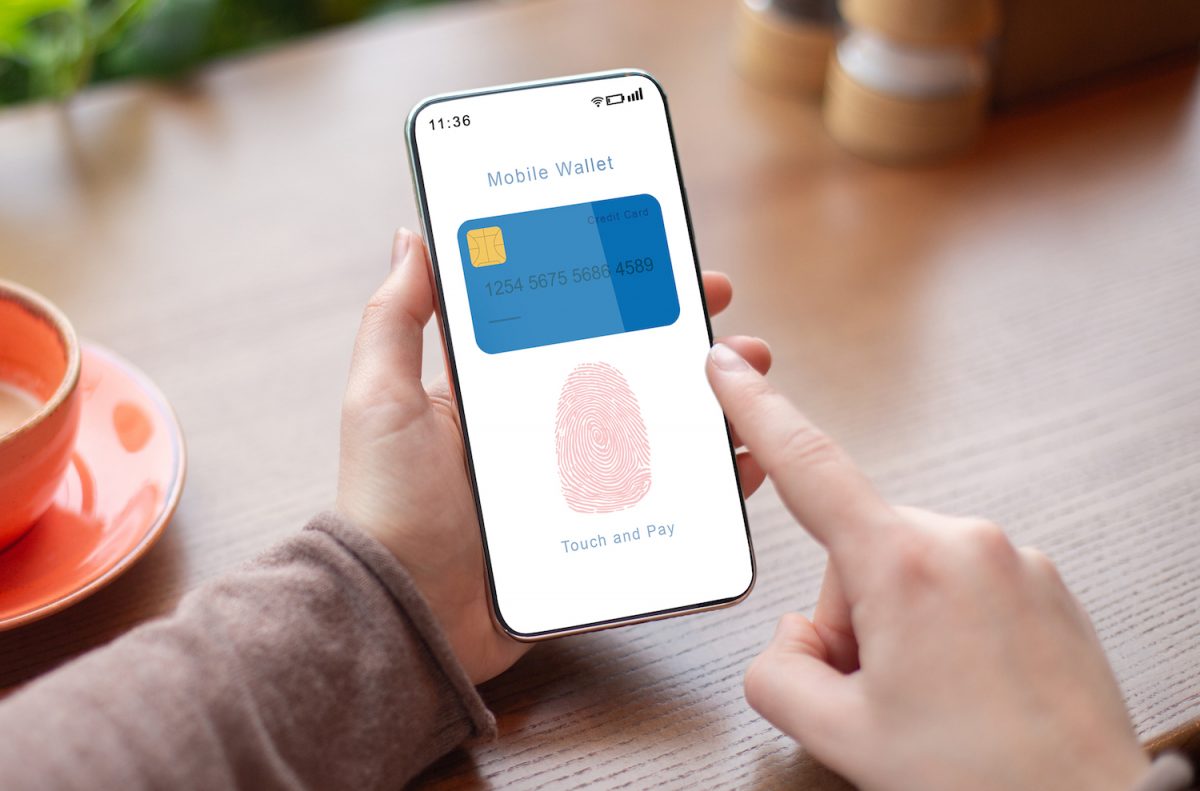Credit cards and digital wallets are among the most commonly preferred payment methods for both online and physical shopping. The question of which is more secure has become a major concern for users. While digital wallets stand out with modern payment technologies, they aim to take user security to the next level.
Payment with Credit Card: Advantages and Security Features
Credit cards have been a widely accepted and used payment method for shopping for a long time. Although security protocols like 3D Secure, fraud detection systems, and strong encryption methods make credit cards safer, some risks still exist. In particular, if the physical card is stolen or cloned, the risk of fraud persists. Additionally, the need to manually enter credit card details during online shopping can increase the likelihood of sharing sensitive data on insecure platforms.
The biggest advantage of credit cards is their wide acceptance. Most businesses and online stores support credit cards, so users generally do not face problems while making payments. Additionally, credit cards provide consumer protection through chargeback processes in the event of fraud, offering extra security for users.
Payment with Digital Wallet: Security and Convenience Combined
Digital wallets are quickly rising among modern payment solutions. Equipped with advanced security technologies such as tokenization and encryption, digital wallets ensure the secure storage of card details. Firisbe’s digital wallet service offers a reliable solution for both online and physical payments, providing extra layers of security with biometric authentication and two-factor authentication.
Digital wallets not only increase security but also offer convenience. Contactless payments via mobile devices speed up the shopping process and eliminate the need to carry a physical card. This offers users significant advantages in both convenience and security. Digital wallets also provide flexibility with alternative payment methods, such as QR codes, cryptocurrency payments, and quick mobile transfers.
Which is More Secure: Credit Card or Digital Wallet?
- Data Protection: Digital wallets offer more layers of data protection than credit cards. Thanks to tokenization, real card details are never shared during payment transactions, reducing the risk of fraud.
- Fraud Risk: Digital wallets can more easily detect fraud attempts with advanced artificial intelligence algorithms. Credit cards, on the other hand, have legal protection mechanisms that offer some assurance for users. Security measures such as two-factor authentication and biometric identification provided by digital wallets offer more effective protection compared to credit cards.
- Ease of Use: Digital wallets provide a faster and more practical solution, especially for younger users. Features such as contactless payments, quick mobile transfers, and one-click payments for online shopping make digital wallets a preferred option. Credit cards, however, are still widely used due to their universal acceptance.
The security comparison between credit cards and digital wallets can vary depending on user preference and needs. The advanced security features, ease of use, and ability to adapt to modern technologies offered by digital wallets make them a more secure and privileged payment method.

